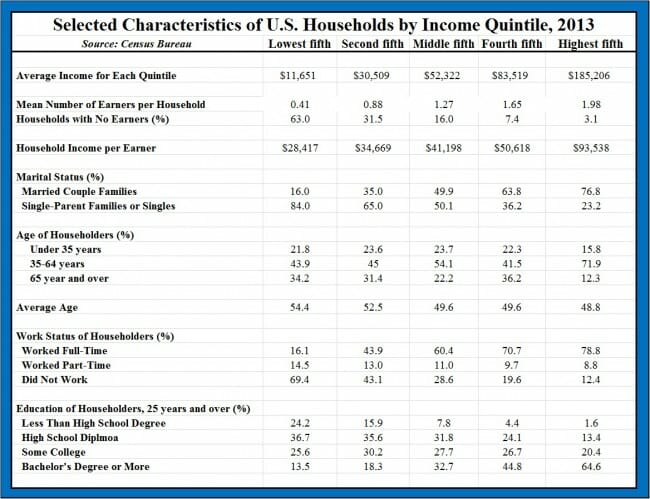China Doesn't Kill American Jobs, Politicians Do
I am simply exhausted with the notion that seems to have taken over both political parties that trade with China is somehow the source of US economic woes.
Remember that voluntary trade can't happen unless both parties are benefiting from each trade. Remember the masses of academic evidence that the (largely hard to see) benefits of trade in terms of lower costs and more choice tend to be greater than the (easier to see) job losses in a few trade-affected industries. But even if none of that is compelling to you, consider that our trade deficit with China is just 2% of GDP. It's almost a rounding error.
If politicians want to know why lower-skilled laborers struggle to find employment, they need to look past imports from China and Mexican immigration and look at their own policies that are making it more and more expensive for businesses to hire people in this country. I have written about this many times before, but some of the most prominent include:
- minimum wage laws, rising to $15 an hour in many parts of the country, and increasingly draconian overtime rules, both of which substantially raise the cost of hiring someone.
- minimum benefit laws, including expensive health care requirements in Obamacare and a myriad of other state-level requirements such as mandatory paid sick leave or family leave
- payroll taxes that act as sales taxes on labor -- we understand that cigarette taxes are supposed to reduce cigarette purchases but don't understand that payroll taxes reduce purchases of labor?
- employment regulations, such as chair laws and break laws in California, that make employing people more expensive and risky
- employer liability laws, that make employers financially responsible for any knuckleheaded thing their employees do, even when these actions violate company policy (e.g. making racist or sexist statements)**
- laws that make hiring far more risk, including those that limit the ability to do due diligence on potential employees (e.g. ban the box) and those that limit the ability of employers to fire poor performing employees.
And this is just employment law -- we could go on all day with regulations that make life difficult for lower income workers, such as the numerous laws that restrict the housing stock and drive up housing prices and rents for these same folks who are struggling to find a job.
Let's say you live in California. Who has killed more jobs in your state -- China or the California legislature? The answer is no contest. The California legislature wins the job destruction race in a landslide. While California's high-tech community enjoys a symbiotic relationship with China that has created immense wealth, the California legislature works overtime to make sure low-skilled workers in the state don't benefit.
**Postscript: Of all the factors here, I won't say that this is the largest but I think it is the most underrated and least discussed. But think about it. If you are going to be personally financially libel for ignorant, insensitive, or uncouth remarks made by your employees, even when you have explicitly banned such behavior in company rules and don't personally tolerate it, how likely are you going to be to hire a high school dropout without a good work history to interact with customers?








